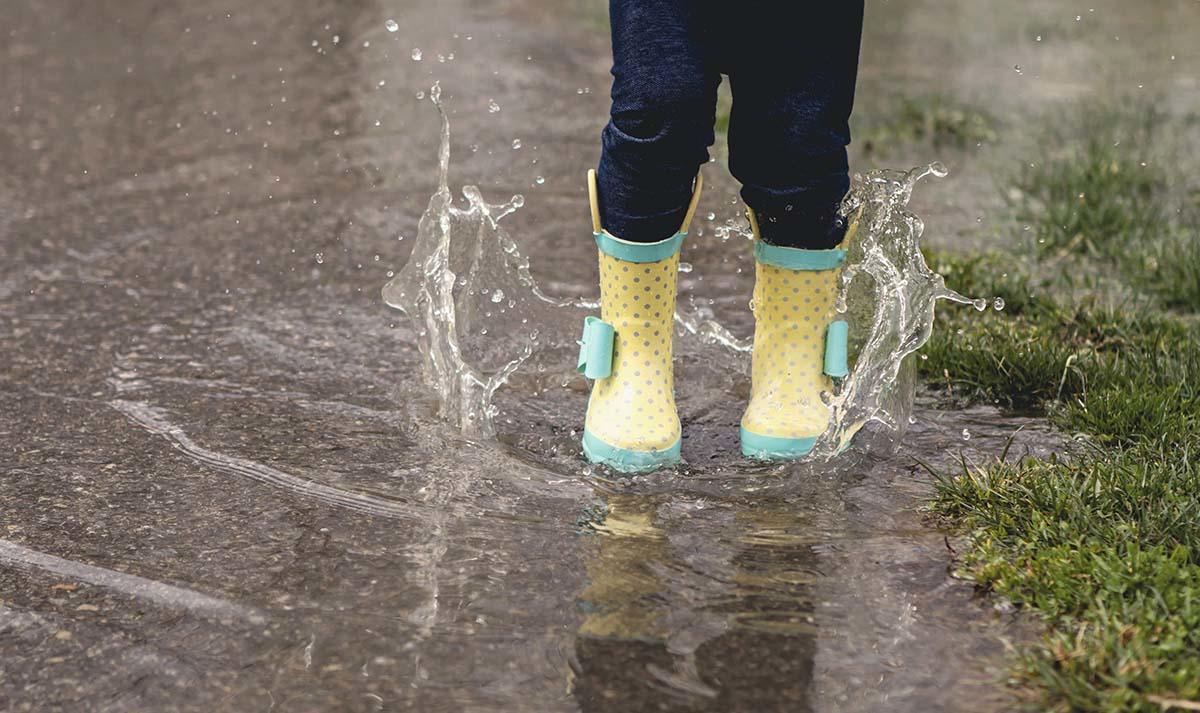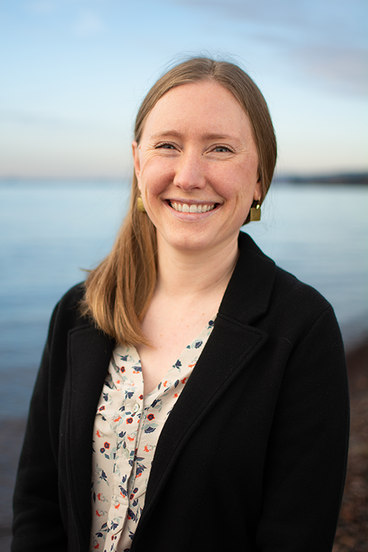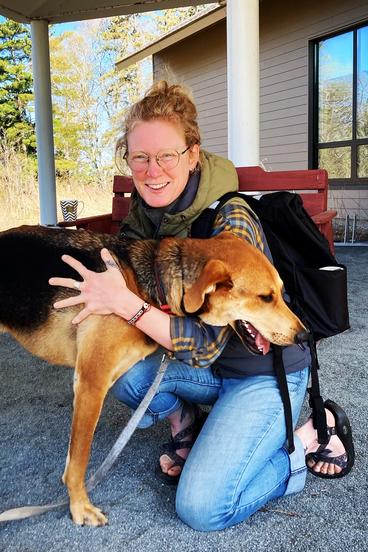
Image credit: Kristin Brown on Unsplash.
The Great Lakes One Water project brings together a diverse community leadership team focused on equitable access to information and participation in planning and strategies.
Great Lakes communities experience frequent large coastal storms, flooding and degraded water quality from expanding urbanization. Communities most affected are often low income and communities of color. These communities also tend to have the fewest means to adapt to and mitigate issues of water quality and quantity. Improved community resilience through focused community-government collaborations can protect lives, save infrastructure, and increase community health in these neighborhoods.
+
Project description
The Lake Superior Great Lakes One Water (GLOW) team developed the Great Lakes One Water Resilient Future project. The aim of this project is to build a community of civic and municipal leaders with the vision and drive to raise awareness of water-management infrastructure tools. These tools can help mitigate negative effects of extreme weather on the health and well-being of communities across the Lake Superior region. This project is part of the Great Lakes One Water Partnership, which is a multi-year, basinwide initiative designed to help communities around the Great Lakes region develop and implement projects to protect the regions freshwater resources.
The Lake Superior team is made up of representatives from the Duluth-Superior Area Community Foundation, Ecolibrium3, City of Duluth, and Udac.
+
Why Minnesota Sea Grant?
Minnesota Sea Grant is leading and facilitating meetings of the Lake Superior Great Lakes One Water project team, sharing resources and up-to-date science and connecting research and policy to on-the-ground community-based efforts.
This project supports Sea Grant's mission to enhance the practical use and conservation of coastal, marine and Great Lakes resources in order to create a sustainable economy and environment. This project also directly supports Minnesota Sea Grant's focus areas to help create resilient communities and economies and healthy coastal ecosystems in the Lake Superior basin.
+
What have we done lately?
- March 2024: Madison Rodman presented on outcomes from the Lake Superior Great Lakes One Water team during a Great Lakes Funder Collaborative.
- 2024: The group suspended regular meetings and is collaborating on a final project activity to support community-based organizations in applying for and receiving federal funding.
+
Participants & audience
Residents and community members of the Lincoln Park Neighborhood and municipal staff in Duluth, Minnesota.
+
Funding
Current support for the Great Lakes One Water Partnership is provided by the Great Lakes Protection Fund.
+
Project team
Project lead:
Madison Rodman
Resilience Extension Educator
Minnesota Sea Grant
Co-project lead:
Tiffany Sprague
Stormwater & Sustainability Program Coordinator/Educator
Natural Resources Research Institute
+
Project history
2023
- The Lake Superior Great Lakes One Water team met regularly through the end of 2023.
- June 2023: A video series was released to showcase the work of the Great Lakes basinwide partnership on the Great Lakes One Water (GLOW) project.
- June 2023: Minnesota Sea Grant Resilience Extension Educator Madison Rodman presented the work of the Great Lakes One Water (GLOW) Lake Superior team and the One Block at a Time project, including preliminary data from the project’s community survey conducted in the summer of 2022 at the Twin Ports Freshwater Folk poster session.
- May 2023: Minnesota Sea Grant Resilience Extension Educator Madison Rodman presented the work of the Great Lakes One Water (GLOW) Lake Superior team and the One Block at a Time project at the International Association for Great Lakes Research 66th Annual Conference on Great Lakes Research in Toronto, Ontario.
- May 2023: The Great Lakes One Water (GLOW) Lake Superior team collaborated with the City of Duluth Love Your Block program to fund and develop a small neighborhood tree planting program for residents in the Lincoln Park and Hillside neighborhoods.
- April 2023: The Great Lakes One Water (GLOW) Lake Superior project team hosted a booth on stormwater and green infrastructure at Duluth EcoFest as part of Earth Week activities in Duluth, Minnesota.
- Spring 2023: The Great Lakes One Water (GLOW) Lake Superior project team collaborated with the City of Duluth Love Your Block program to fund and develop a small neighborhood tree planting program for residents in the Lincoln Park and Hillside neighborhoods of Duluth, Minnesota.
- The Great Lakes One Water (GLOW) Lake Superior project team continues to meet monthly to share resources and build capacity for community-engaged work on water quantity and quality challenges.
- The Great Lakes One Water (GLOW) Lake Superior project team is preparing to grow and restructure in 2023 which will allow the team to serve more neighborhoods in the Duluth, Minnesota, area.
2021
- The Great Lakes One Water (GLOW) Lake Superior project team secured a second AmeriCorps VISTA member for 2021-2022 who is based at Ecolibrium3 and will build on previous project team efforts.
- The Great Lakes One Water (GLOW) Lake Superior team was awarded the National Sea Grant Water Equity in the Great Lakes award. Together with Illinois-Indiana Sea Grant and Pennsylvania Sea Grant programs, Minnesota Sea Grant and the GLOW Lake Superior team will work on improving community resilience to flooding through green infrastructure practices.
- Since its founding, the work of the Great Lakes One Water (GLOW) Lake Superior project team has been focused on increased information sharing, capacity building and collaboration of the organizations involved in the team. To accomplish this, Minnesota Sea Grant continues to facilitate monthly meetings where these diverse organizations are able to learn from one another, share resources, develop grant/project proposals, and build a supportive network focused on best practices for engaging community members around resilience.
Program Staff
Partners
- City of Duluth, Minnesota, State/Local Government
- Lake Superior National Estuarine Research Reserve, Federal Government
- Duluth-Superior Area Community Foundation, NGO
- Ecolibrium3, NGO
- Udac, NGO

